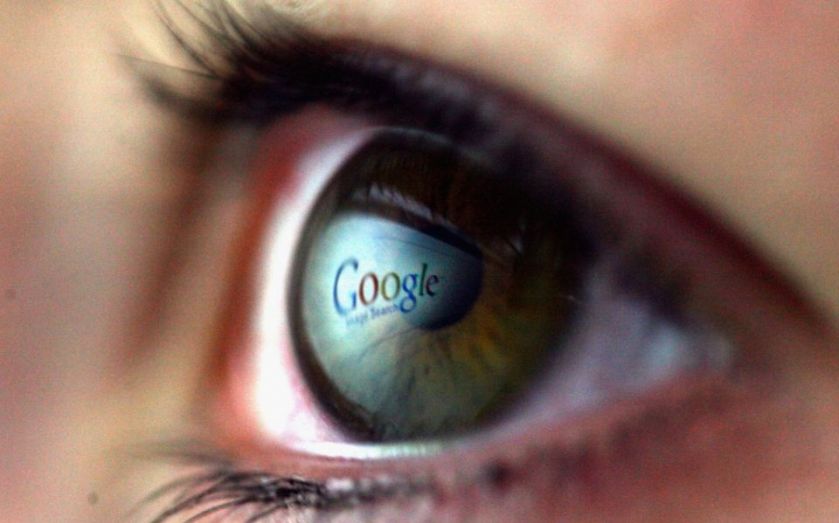The rise of Cyberchondria: Search engines are wrongly making us believe we have terrible diseases

You're feeling a bit funny – what could the cause be? A life-threatening disease? If MrDoctor123 on unknown medical blog considers it to be a vague possibility, then surely there's a genuine risk of imminent death.
This over-reliance on the internet to self-diagnose our medical problems is spreading across the world faster than a highly infectious disease, and resulting in a serious case of global “cyberchondria”.
In the US, research recently showed that 35 per cent of adults go online to self-diagnose medical conditions, and Google revelaed that one in 20 of its 100bn searches a month are for health-related information. But the reality is half of what the internet tells us about our physical ailments is inaccurate, over-the-top or just out there to scare.
Dr Guido Zuccon and his colleagues at the Queensland University of Technology decided to look into the accuracy of results that appear when various medical searches were entered into Google and Bing. They found that masses of terrifying statistics and unfounded speculations were offered in the place of reliable information and advice.
"People commonly turn to 'Dr Google' to self-diagnose illnesses or ailments," Dr Zuccon said. "But our results revealed only about three of the first 10 results were highly useful for self-diagnosis and only half of the top 10 were somewhat relevant to the self-diagnosis of the medical condition."
So if you had searched for the symptoms of something like a bad head cold, you could end up thinking you had something far more serious, like an issue with the brain.
"Because on average only three of the first 10 results were highly useful, people either keep searching or they get the wrong advice which can be potentially harmful for someone's health," Zuccon continued.
When we believe there is something wrong with us, there's a tendency to buy the wrong (and occasionally dangerous) medicines online, adopt pointless and expensive home therapies, and sometimes even completely change our lifestyles for nothing.
So if you believe you have something wrong with you, the advice is to bear in mind the inaccuracy of many search results and never use them as a definitive answer – and go to the doctor.